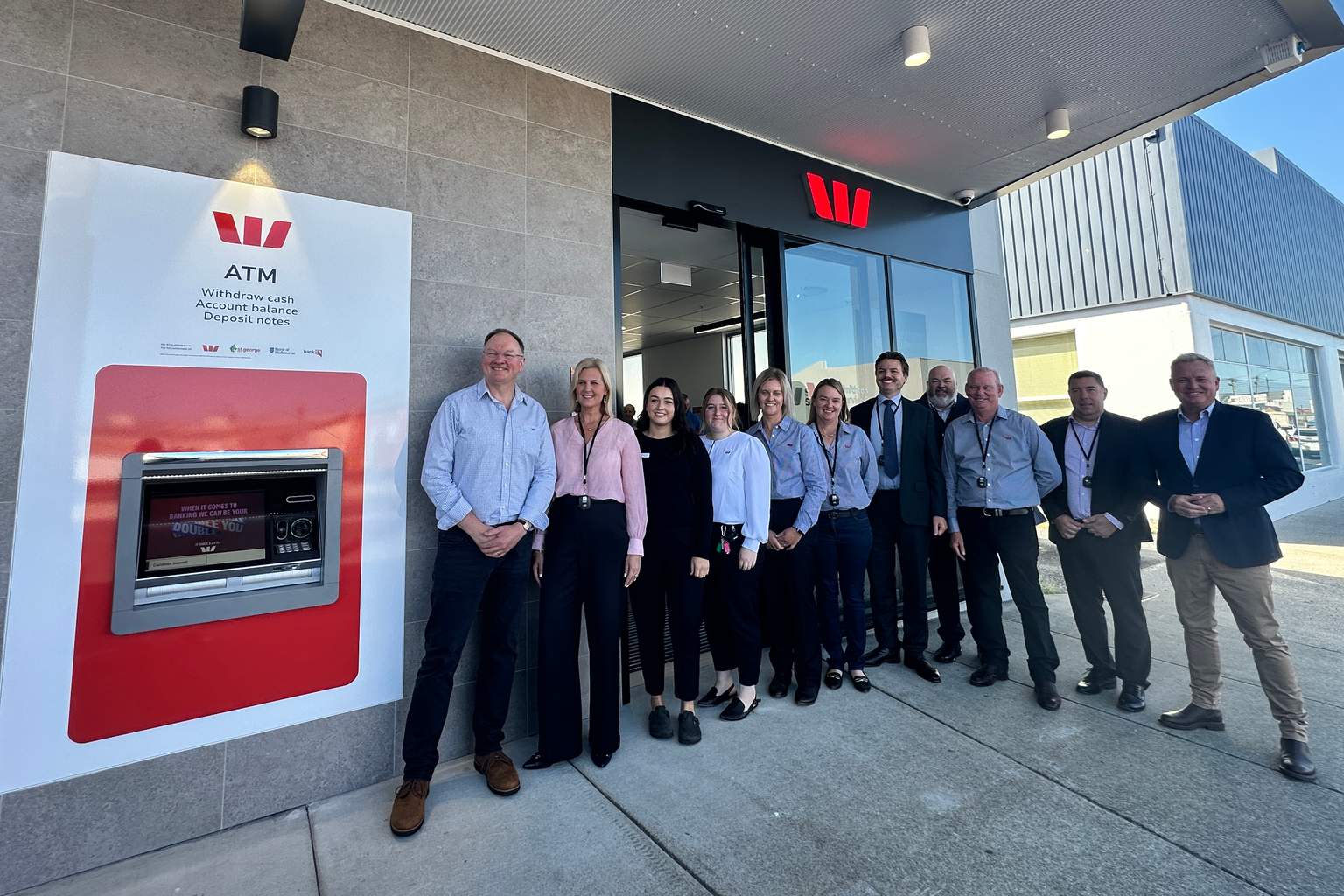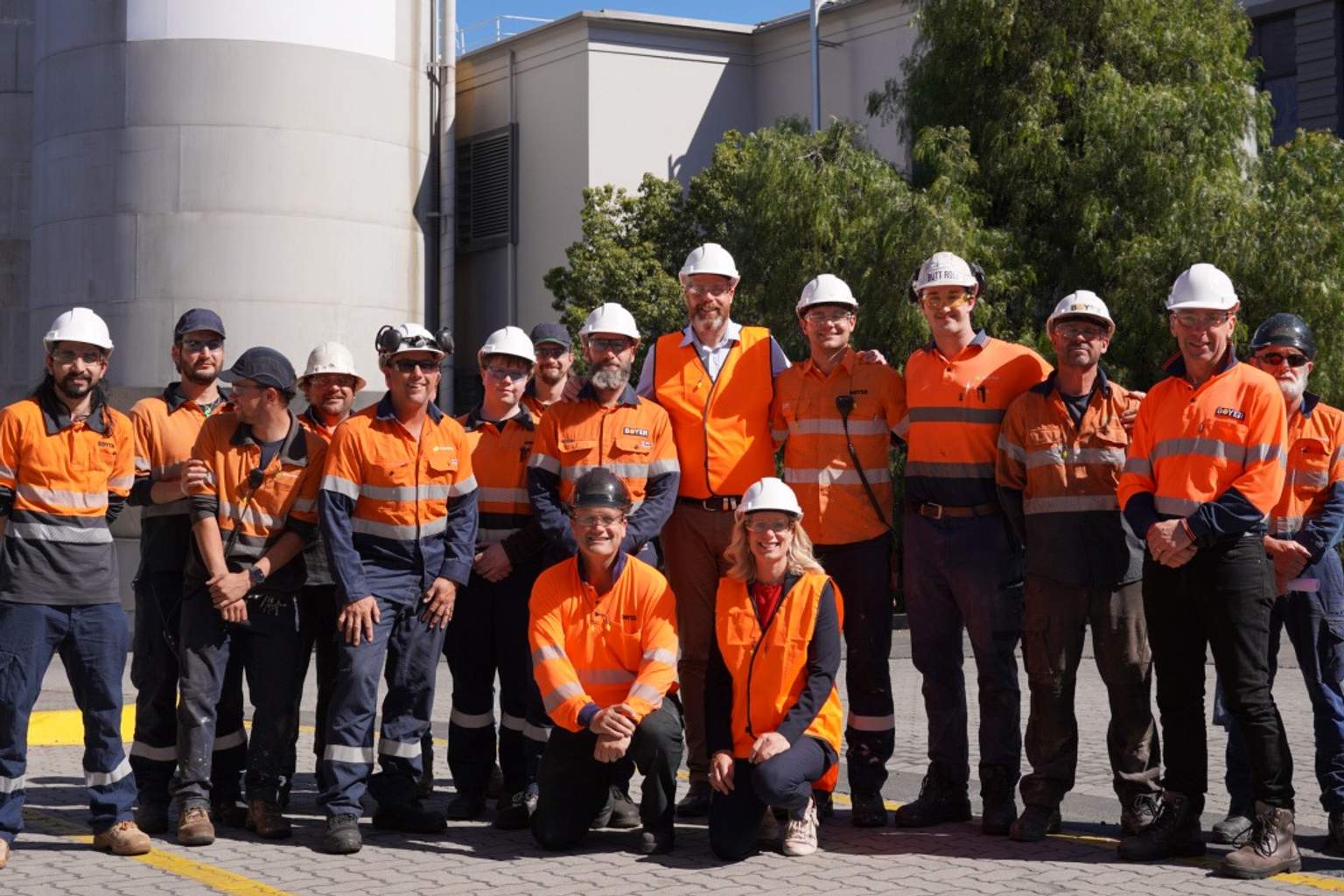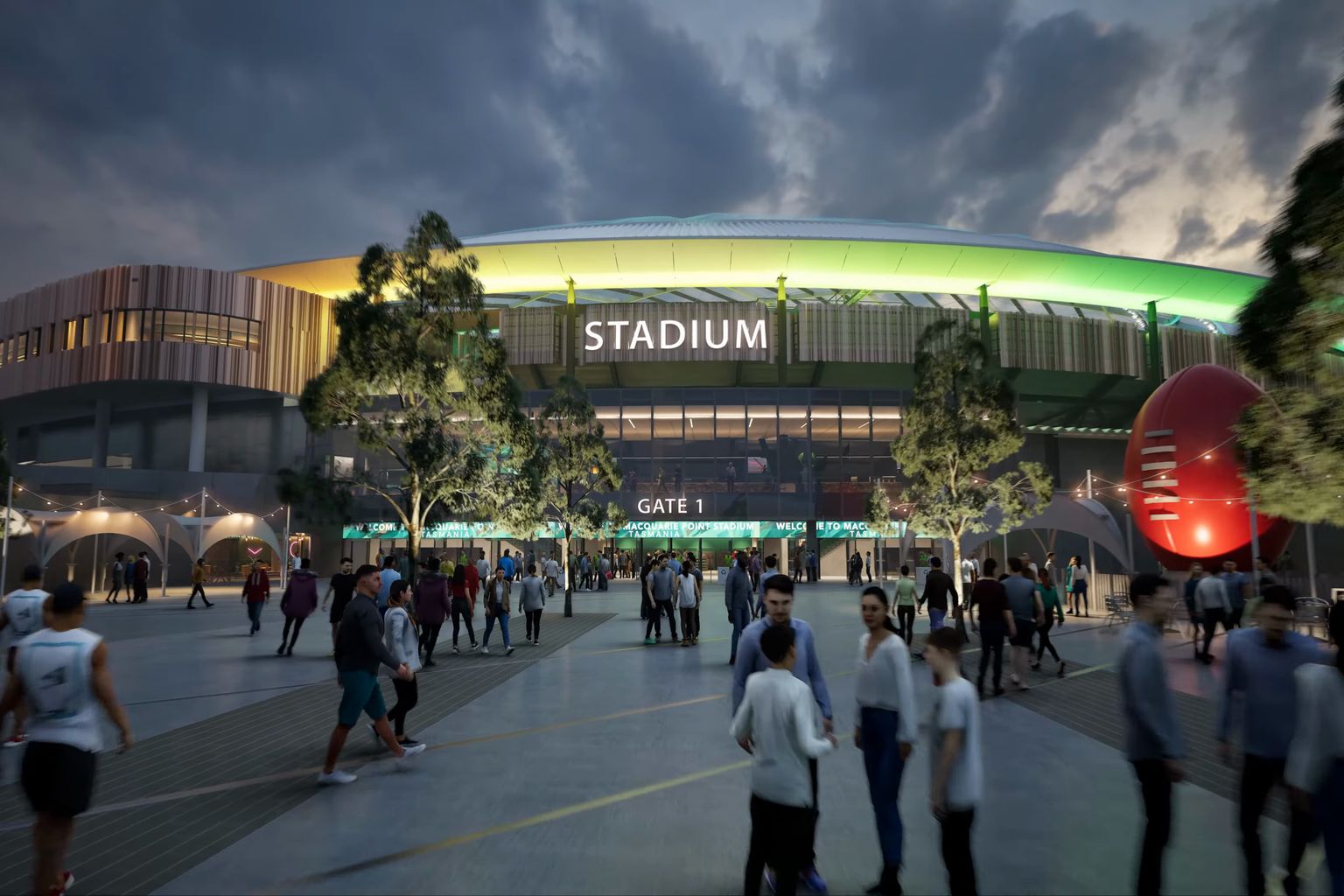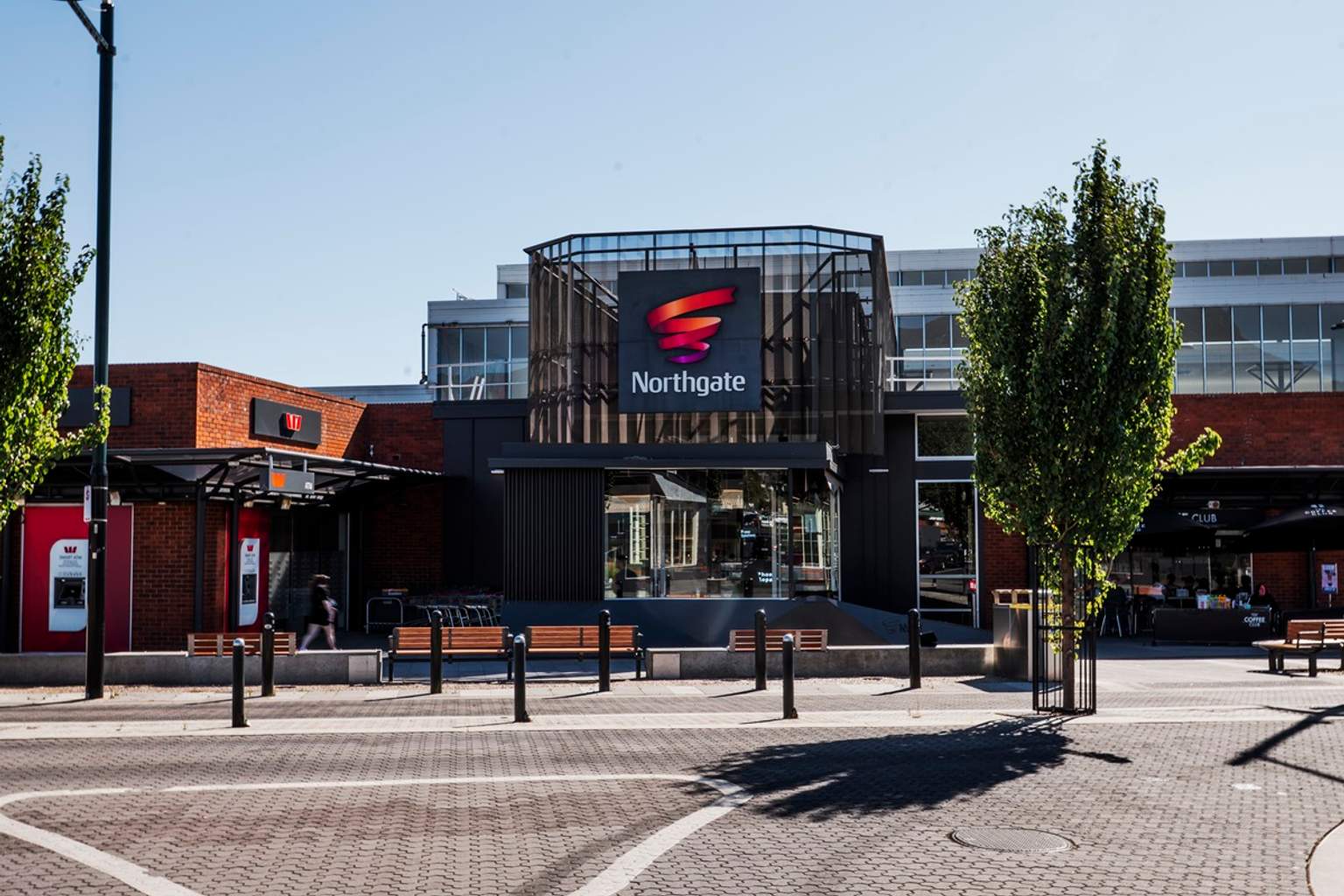Hobart’s proposed Macquarie Point stadium would overwhelm the city’s scale, dominate heritage sites and leave Tasmania with $1.86 billion in debt after a decade, according to a draft planning assessment.
The Tasmanian Planning Commission’s expert panel concluded the stadium’s benefit-cost ratio is just 0.53, meaning the costs would be nearly double the projected benefits.
“The panel considers that the size of the stadium is disproportionate to Hobart’s small scale and would be contrary to Hobart’s visual values,” the report states, adding it would “dwarf historic heritage elements”.
The 137-page draft integrated assessment warns the stadium would have a “significant detrimental effect” on the Cenotaph war memorial, “physically dominating” the monument and diminishing its prominence.

Transport infrastructure was also flagged as problematic, with the panel dismissing the proponent’s target of 60% of patrons using non-car transport as “unrealistic”.
“The development plans … do not provide sufficient pedestrian pathway capacity… to safely achieve an 8-10 minute evacuation for crowds over 24,500,” the report warns.

Building the stadium would require the state to borrow around $992 million, with debt servicing costs projected to rise by $76 million annually over the first 10 years of operation.
The panel’s concerns extended to environmental issues, noting “limited understanding of the current contamination conditions” creates uncertainty around costs and timeframes.
“Overall, the panel finds that it is unlikely that any stadium development within Sullivans Cove could comply with the established planning principles for the area, regardless of design details.”
Macquarie Point Development Corporation CEO Anne Beach said the assessment is an important step in the planning process.

“We appreciate the work undertaken by the Tasmanian Planning Commission in preparing this draft assessment report and are carefully reviewing the issues identified,” she said.
“This is a significant milestone and we will be working to respond promptly to support the assessment process and timeline.”
Business, Industry and Resources Minister Eric Abetz said the state government remains “100%” committed to the stadium.
He said the report “does appear to underplay the immense benefits of the stadium and the precinct it will unlock”.

“The report has also raised broad issues and taken a wide scope of the project and we are concerned about the potential of any delays to an already tight timeline,” Abetz said.
“We have been clear that if we are to meet the existing timeframes set out in the agreement, we cannot afford any delays.”
Public submissions on the draft report are open until May 8, with hearings expected between June 30 and July 25.
The final recommendation is due by September 17, before parliament makes the ultimate decision.







